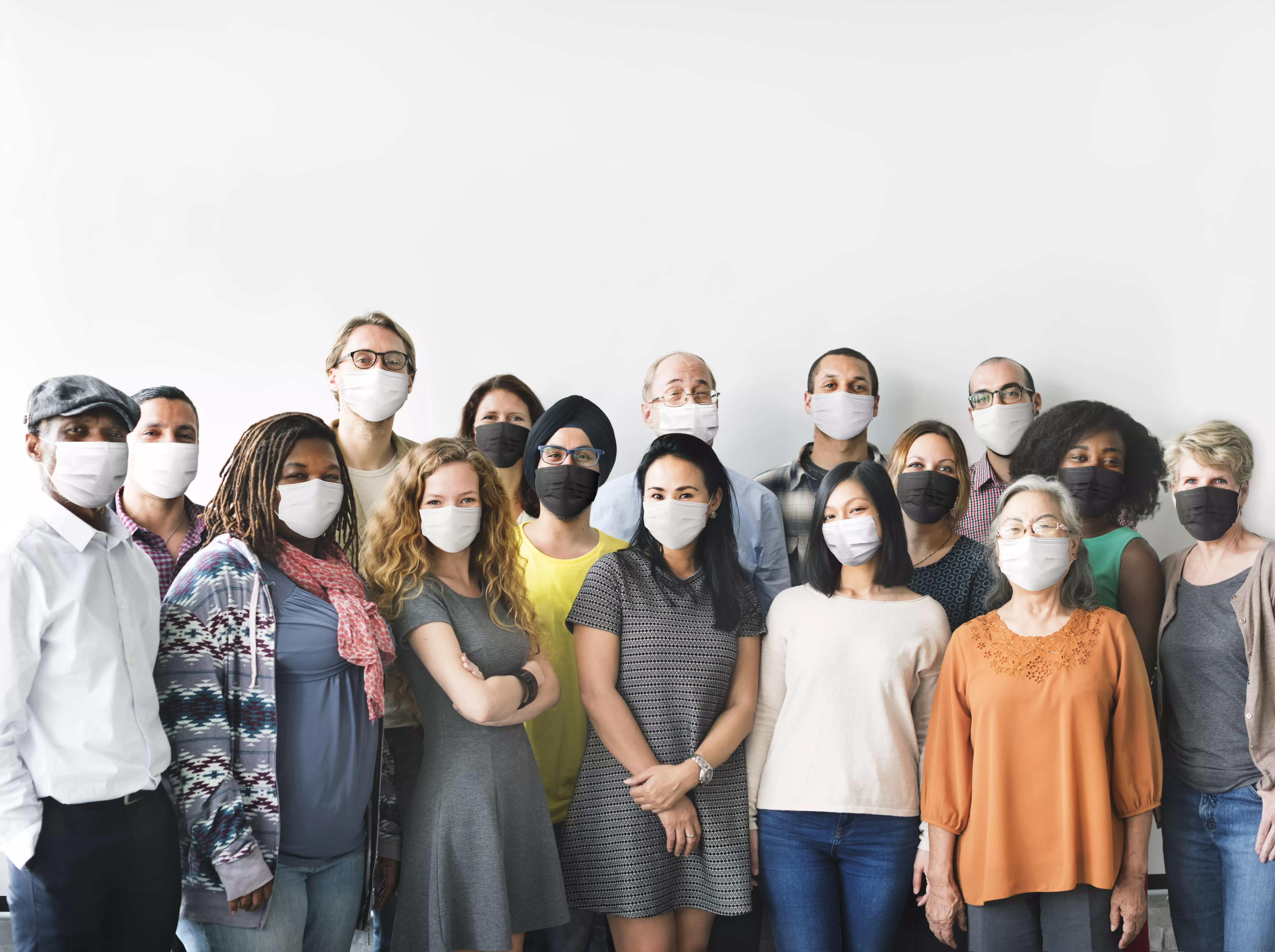Risk factors associated with a severe course of COVID-19
Introduction to COVID-19 risk factors
COVID-19, caused by the SARS-CoV-2 virus, is a disease that has affected millions of people around the world. In the face of a pandemic, many researchers and public health professionals are trying to understand what factors may influence the severity of the disease. Knowledge of this is essential for effective public health management and preventive measures.
Age as a risk factor
One of the most important risk factors is the age of the patient. Studies have shown that older people, especially those over 65, are much more likely to suffer a severe course of COVID-19. Aging makes the immune system weaker and less able to fight infection.
Chronic diseases and comorbidities
Chronic diseases also increase the risk of serious complications. People with conditions such as diabetes, heart disease, obesity or chronic lung disease are more susceptible to a severe course of COVID-19. These conditions can weaken the body, making it harder to fight the virus.

Immune status and genetic background
People with weakened immune systems, such as as a result of autoimmune diseases or immunosuppressive treatment, are more prone to a severe course of COVID-19. Genetic background can also play a role, as studies of differences in the responses of different ethnic groups to infection show.
Gender differences in susceptibility to severe COVID-19
Studies suggest that gender may be an important risk factor. Men appear to be at greater risk for more severe COVID-19 symptoms compared to women. Differences in biological constitution, as well as in the way men and women cope with stress and illness, may affect the course of the infection.
Impact of lifestyle on risk of infection
Lifestyle, including diet, physical activity and health habits, can also affect the risk of severe COVID-19. Obesity, low physical activity and poor nutrition not only increase the risk of chronic disease, but can also directly affect the course of coronavirus infection.
Importance of vaccination
Vaccination against COVID-19 is a key part of the fight against the pandemic. Well-conducted studies have shown that vaccinated people are significantly less likely to suffer from severe disease. Vaccines stimulate the immune system to produce antibodies, which significantly reduces the risk of hospitalization.
Social aspects and the risk of a severe course of COVID-19
In addition, social factors such as access to health care, living conditions or social support can influence how the disease progresses. Communities with higher levels of poverty may have limited access to information and medical services, which raises the risk of a severe course of the disease.
Summary
All of these factors show how complex COVID-19 is and how many aspects affect the severity of the condition. Understanding the risk factors is key to creating effective strategies to combat the disease and to protect the most vulnerable in society. As the pandemic continues, continuous monitoring and research will become even more important in combating this global challenge.

Add comment